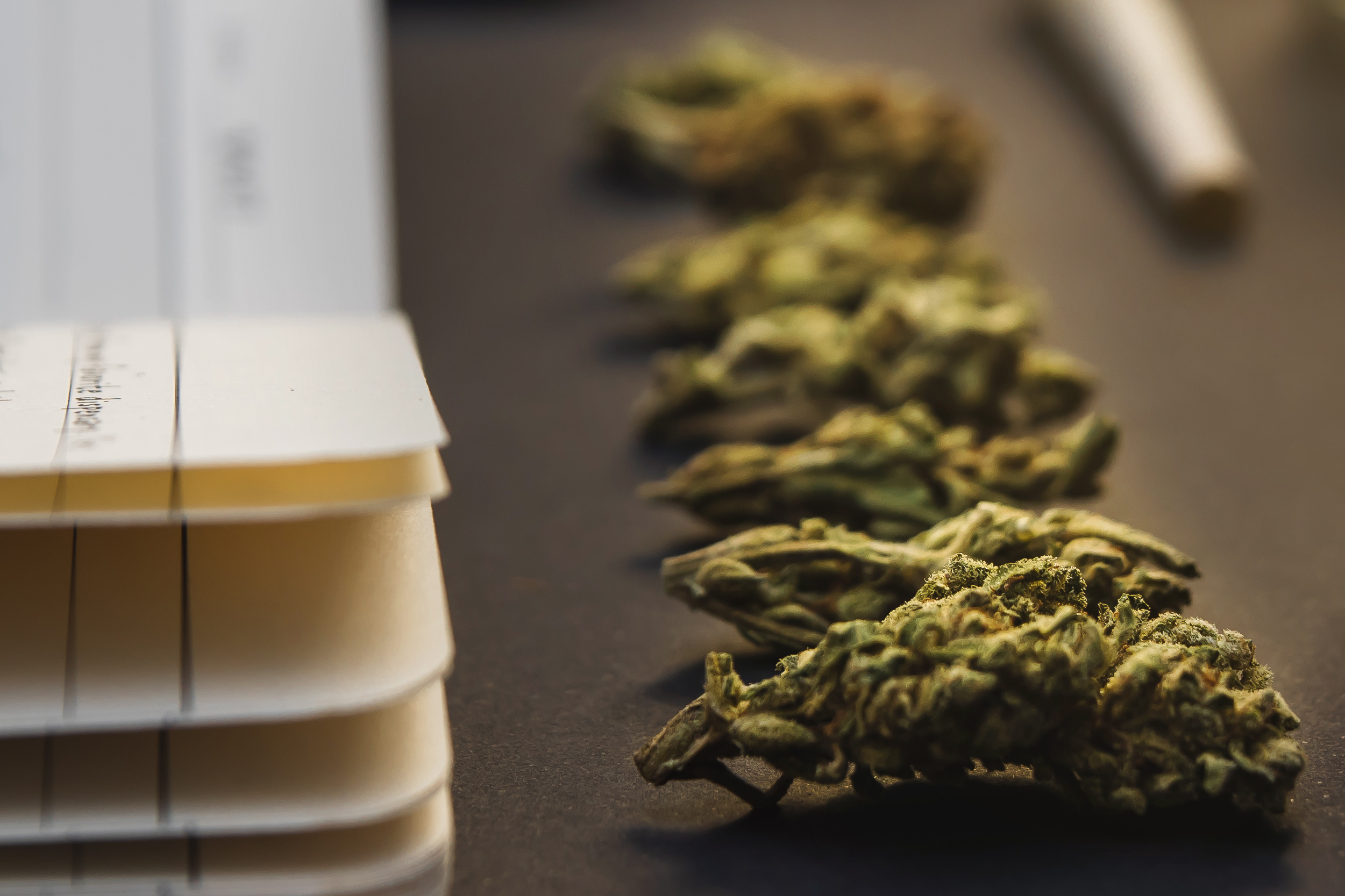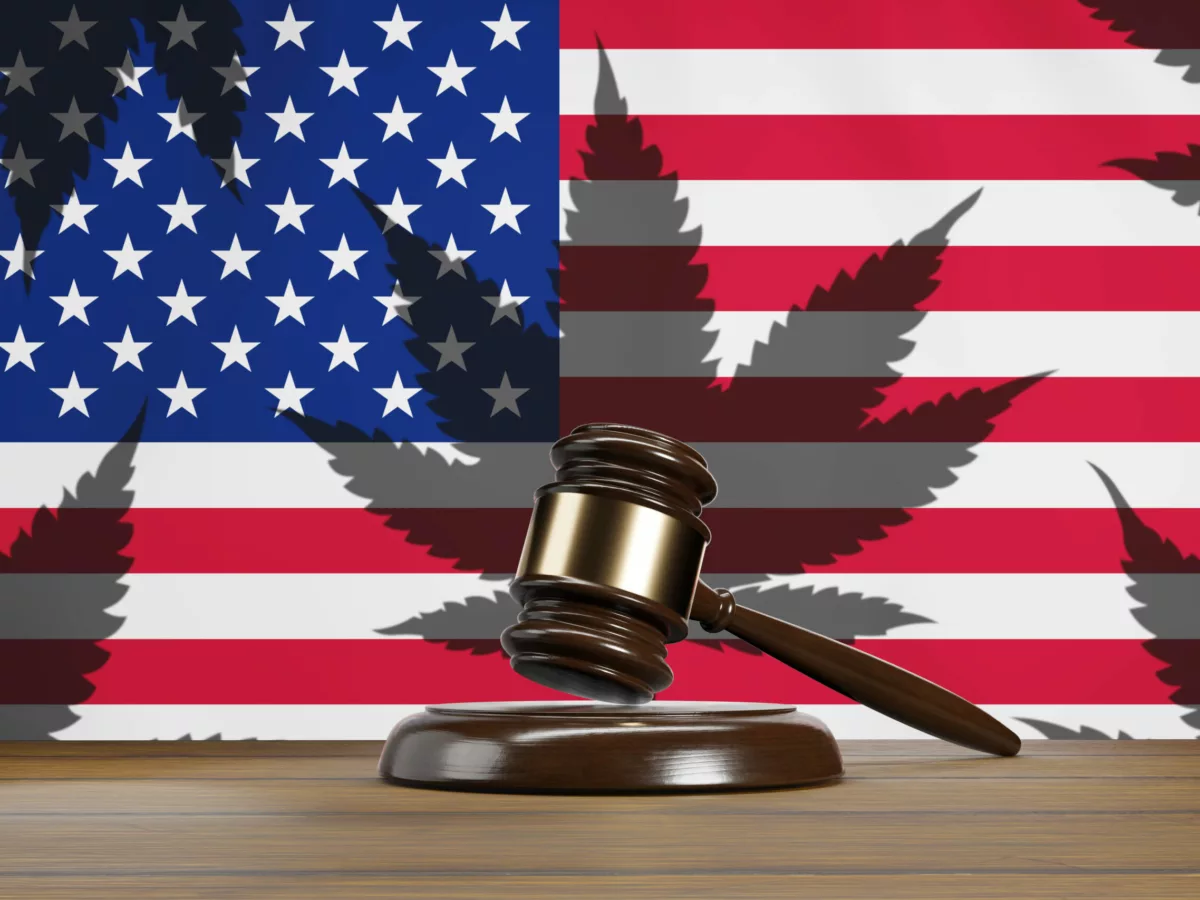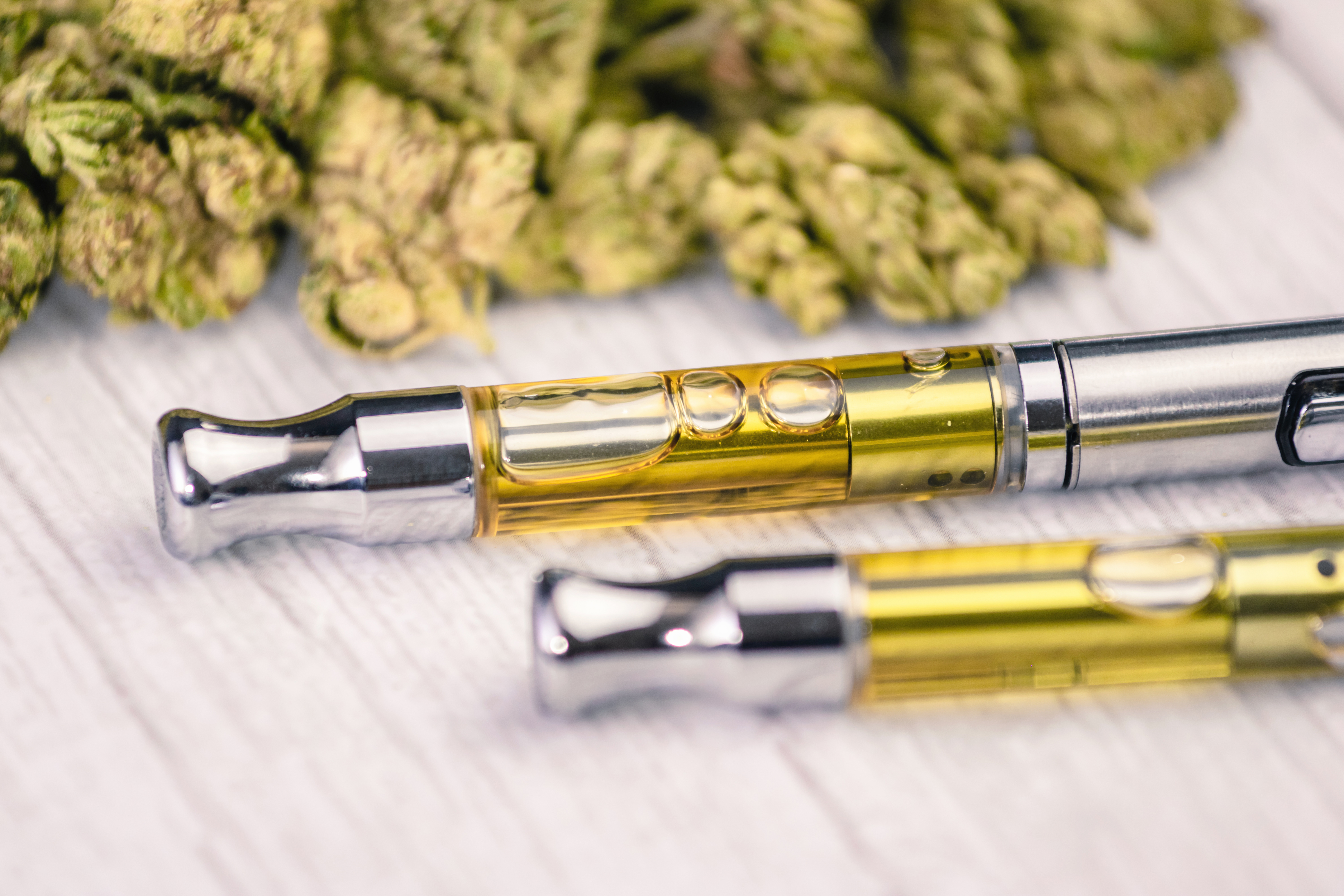The Maryland legislature’s Senate Finance Committee will meet on March 3 to decide whether a series of cannabis-related bills, including two proposing outright legalization, will continue on to the Senate floor for further consideration.
The weed-centered hearing includes two adult-use legalization bills, an emergency restriction on the sale of Delta-8 THC, a provision to license additional cultivators in Maryland’s medical weed industry, and more.
Just last Friday, the House of Delegates approved Del. Luke Clippinger’s (D-Baltimore) bill to put a referendum for adult use weed legalization on the gubernatorial ballot in November 2022. (It still needs to pass in the Senate.) The inclusion of this referendum on the ballot would mean adult use legalization in Maryland is not a question of “if,” but “when,” considering that polls demonstrate the majority of Maryland residents have supported legalization since at least 2014.
The weed bills that do pass this session will shape Maryland’s recreational weed industry should voters approve legalization in November. Here’s a rundown of what’s on the docket.
SB 692 – Adult Use Legalization
Introduced by: Sen. Jill Carter (D-Baltimore)
Purpose: To legalize weed for adult use in Maryland with a framework that permits home cultivation of up to six plants and directs 60 percent of tax revenue towards the communities most harshly impacted by the war on drugs.
This bill rivals three other adult-use legalization bills circulating the legislature, including Sen. Feldman’s (D-Montgomery County) SB 833, Del. Luke Clippinger’s HB 837, and Del. Gabriel Acevero’s (D-Montgomery County) HB 1342 in the House.
Of the framework bills in both the House and Senate, Carter’s would funnel the most tax revenue collected from recreational weed sales back into the communities who were most harmed by the war on drugs, including neighborhoods where people of color were disproportionately arrested for weed possession.Her bill also legalizes the home cultivation of up to six weed plants for Maryland residents, where Sen. Feldman’s permits only four and Sen. Clippinger’s bill explicitly bars home cultivation.
Del. Clippinger, who is Chair of the House Cannabis Referendum and Legalization Work Group, said in a previous meeting that he does not expect the House will pass reforms until 2023 after voters decide on legalization in November.
SB 833 – Adult Use Legalization
Introduced by: Sen. Brian Feldman
Purpose: To legalize up to two ounces of weed for adult use in Maryland, including home grow of up to four plants and with provisions directing 55% of tax revenue towards social equity causes.
Sen. Feldman is the vice-chair of the Senate Finance Committee where the bills will be discussed on Thursday. He also sponsored one of the two major weed legalization bills that failed in the legislature in 2021.
Feldman’s most recent bill is more restrictive than his version from last year, lowering possession limits to two ounces of weed instead of four, and four plants allowed for home cultivation instead of six.
Feldman’s bill is reportedly preferred by Senate President Bill Ferguson should it make it through committee and onto the Senate floor.
SB 844 – Cracking Down on Big Weed
Introduced by: Sen. Jill Carter
Purpose: Would require medical weed dispensary applicants to disclose the number of dispensary locations they intend to open and clarify information reporting requirements for licensees operating more than one dispensary.
Sen. Carter’s second weed-related bill for this session would require applicants for a Maryland dispensary license disclose the number of storefronts they intend to open and the addresses of those locations. The Maryland Medical Cannabis Commission (MMCC) does not currently require applicants to list the number of storefronts they intend to open, which is capped at four per license.
In an interview with The Outlaw Report, Sen. Carter said that a small number of national weed corporations with operations in many states (a.k.a. Multistate operators, or MSOs) dominate legal markets and soak up market share by buying out smaller businesses.
If more medical weed dispensary licenses become available, especially if recreational weed is legalized, this bill would make it easier to separate small business applicants from larger corporations seeking to soak up significant market share.
Sen. Carter said this bill aims to “prevent corporations from overrunning small businesses and keep the economic profit in the communities.”
The bill also clarifies language in Maryland’s weed law that states one dispensary license permits the holder to operate four dispensary locations without having to secure a separate license for its second, third, and fourth location.
SB 788 – Banning the Sale of Delta-8 Products
Introduced by: Sen. Brian Feldman
Purpose: Would prohibit the production of hemp plants with certain percentages of Delta-8 THC and change the state’s definition of marijuana to include hemp-derived THC products. This would halt all sales of Delta-8 products in Maryland except for medical dispensaries.
Delta-8 is a hemp-derived version of THC that is significantly less psychoactive than its Delta-9 THC counterpart, which is prominent in regular weed plants. Because the state enacts fewer restrictions on hemp than weed, sales of Delta-8 aren’t restricted to medical dispensaries, meaning that the product is widely available in convenience stores — and to those under 21.
Marylanders have spoken out against Feldman’s bill, arguing that Delta-8 makes the medical benefits of THC more accessible and should not be prohibited in licensed CBD shops. (One Change.com petition has more than 1,000 signatures in opposition to the bill.)
SB 628 – Licensing More Medical Weed Growers
Introduced by: Sen. Obie Patterson (D-Prince George’s County)
Purpose: To increase the maximum number of weed growers licensed by the MMCC from 22 to 42.
This bill would allow the issuance of 20 new licenses for weed cultivators to supply Maryland’s medical weed industry with flower, increasing the number of cultivators from 22 to 42. Maryland’s $1 billion weed industry has been increasingly dominated by national multistate operators (MSOs) who have bought out many of the original Maryland-based operators licensed by the MMCC. This bill would increase competition with the intent to bring more local growers into the industry.






